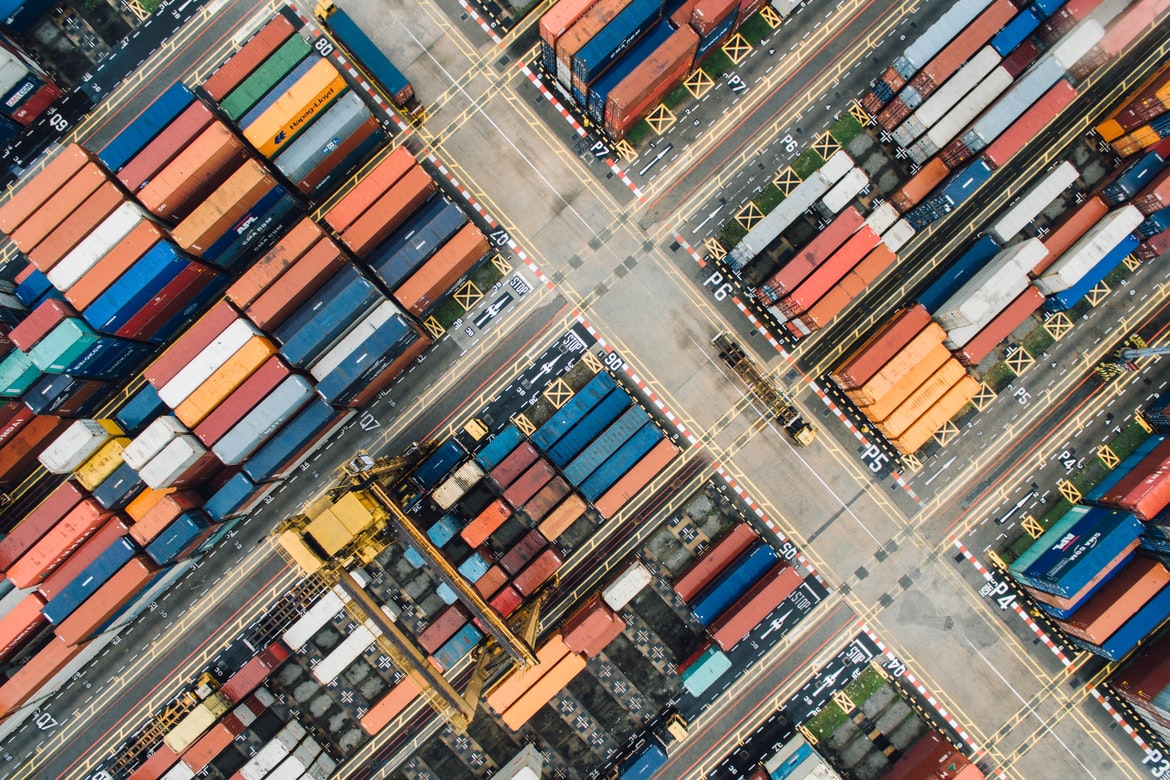Fighting Shipping Pollution
Shipping is one of the biggest industries in the transport sector, responsible for 17% of greenhouse gas emissions in the transport sector. Australia alone, sees over 99% of total merchandise trade done by shipping. There is no way to remove or limit the shipping industry as it is crucial to the world's product supply and economy, but there are other ways to make it more sustainable for the environment.
In the below, we discuss a few potential changes to optimize and decrease the carbon footprint of the shipping industry. Needless to say, any changes made will need to be accompanied by strict regulation to ensure swift and decisive action.
Additional Energy
There is an incredible amount of energy used in modern shipping, in the form of diesel or an oil/diesel like fuel in the vast majority. As it stands, there is only one real way to replace the diesel engines used in modern shipping, the energy demand is just too big to be catered by any renewable source of energy.
A modern cargo ship often has several large diesel motors which act as generators to supply the electric drive motor with power, but that is not all they supply power to.
When we consider that all the amenities on the ship are powered by the same diesel generators, we see that a fair portion, roughly 5%, of this power could easily be replaced by solar arrays where it is able on a ship.
Ships standing dormant, waiting for loading or passage through a canal are still forced to use these diesel generators to keep vital functions on a ship operating, if solar could replace half of the amenities required power we would already see a positive difference in the ship's overall fuel consumption.
Nuclear Power
Nuclear may not be a renewable source of power, but it is sustainable and very usable. When people think of nuclear, they think about incredibly large power sources which can be volatile and extremely dangerous, this just isn't the case. Ships and submarines alike have been operating on nuclear power since the late 1950s to incredible success.
Nuclear offers a zero emission and completely green power source for any large cargo ship in the shipping industry. Knowing this, it's difficult to understand why the majority of the shipping fleet is not on nuclear, there is no simple answer to this question. There are a few factors to take into consideration, though.
- Initial price - A nuclear reactor is not cheap in any sense of the word. While there have been several studies suggesting that over a 40-year life span, a nuclear-powered ship would save money by not needing traditional fuel. The initial cost is a tough pill to swallow for the majority of shipping companies
- Regulation - At the moment, pollution on shipping routes is the least regulated for of transit in the world. Even sites like pokiesonlinenz.co.nz are subjected to far more stringent checks and regulations. To the shipping industry, there are very little repercussions to be had when using current fuels and damaging the environment.
- Fuel - The fuel used by majority of the shipping industry is an excess or waste after the normal crude oil refinement process. While it is still subject to changes with the oil price, this fuel source is extremely cheap in comparison, allowing for the typical large container ship to burn through 350 tons per day.
- Fear - An unjust fear of nuclear energy has led to severe restrictions being placed on ports around the world when it comes to nuclear ships being able to dock.
The change over to nuclear will not be an easy one. There will be financial and physiological hurdles to overcome. That all said, nuclear is the only alternative we have right now to ensure a zero emission future in our shipping industry.




